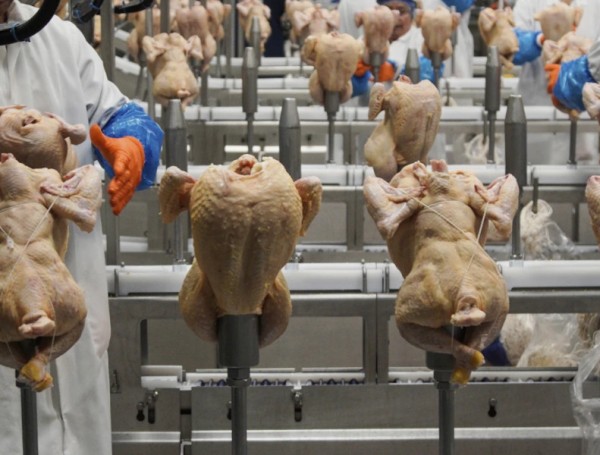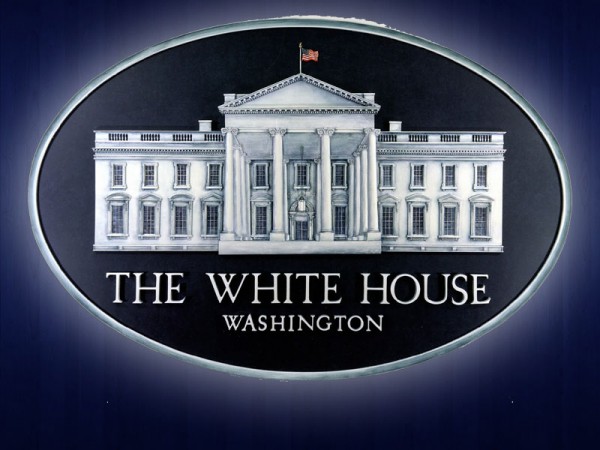LONDON (AP) — Inflation in the U.K. rose sharply to a six-month high in October and back above the rate targeted by rate-setters at the Bank of England, official figures showed Wednesday, cementing market expectations that there will be no further cuts in borrowing costs this year.
The Office for National Statistics said higher domestic energy bills pushed up consumer price inflation up to 2.3% in the year to October from the three-year low of 1.7% recorded the previous month. Stubbornly high inflation in the services sector, which accounts for around 80% of the British economy, didn't help either.
The increase, which was above forecasts for a more modest increase, took inflation above the bank's target rate of 2%.
Earlier this month, the bank decreased its main interest rate by a quarter of a percentage point to 4.75% — the second in three months — after inflation fell to its lowest level since April 2021.
However, Bank Gov. Andrew Bailey cautioned that rates wouldn't be falling too fast over the coming months, partly because last month's budget measures from the new Labour government would likely see prices rise by more than they would otherwise have done. Rate-setters will meet once more this year, on Dec. 19, by which time they will be armed with more monthly inflation readings.
Central banks worldwide dramatically increased borrowing costs from near zero during the coronavirus pandemic when prices started to shoot up, first as a result of supply chain issues and then because of Russia’s full-scale invasion of Ukraine which pushed up energy costs.
As inflation rates have fallen from multidecade highs, the central banks have started cutting interest rates, though few, if any, economists think that rates will fall back to the super-low levels that persisted in the years after the global financial crisis of 2008-9.
Recent developments have scaled back expectations of rapid cuts from the Bank of England.
In her budget, British Treasury chief Rachel Reeves announced around 70 billion pounds ($90 billion) of extra spending, funded through increased business taxes and borrowing. Economists think that the splurge, coupled with the prospect of businesses cushioning the tax hikes by raising prices, could push inflation higher than it otherwise would have been.
The global inflation outlook has also become more uncertain since Donald Trump was reelected U.S. president. He has indicated that he will cut taxes and introduce tariffs on certain imported goods when he returns to the White House in January. Both policies have the potential to be inflationary both in the U.S. and globally, and thereby keeping interest rates higher than they otherwise would have been.
“While we think the Bank of England will continue to cut rates in 2025, the pace of rate cuts is expected to be slower than previously anticipated, and rates may stay elevated for longer,” said Monica George Michail, an economist at the National Institute for Economic and Social Research, a think tank that now reckons inflation will push above 3% in early 2025.
“This outlook reflects forecasted inflationary pressures stemming from the recently announced budget, in addition to heightened global uncertainty, particularly surrounding the Trump presidency,” she added.

















